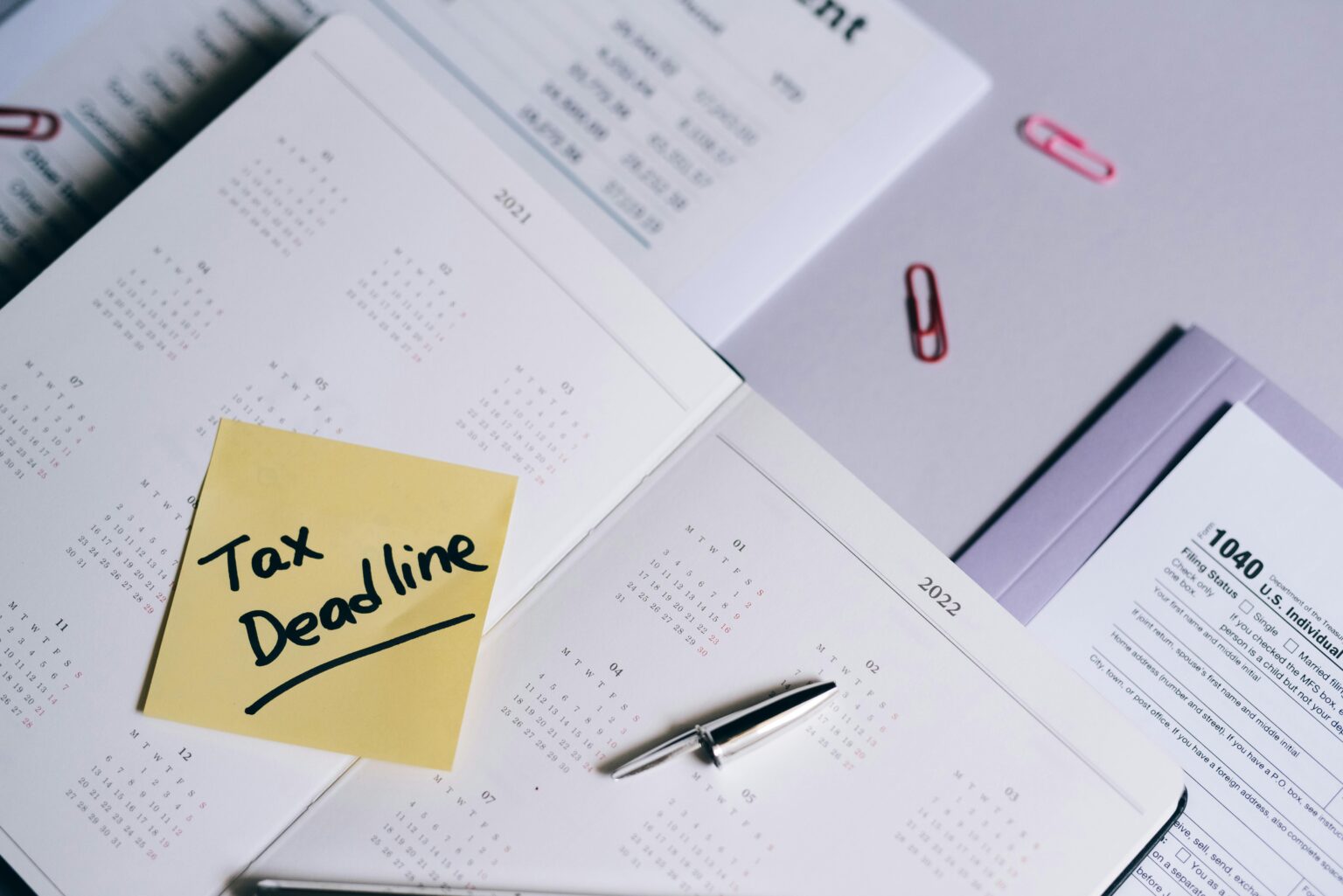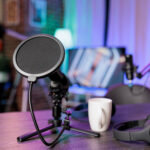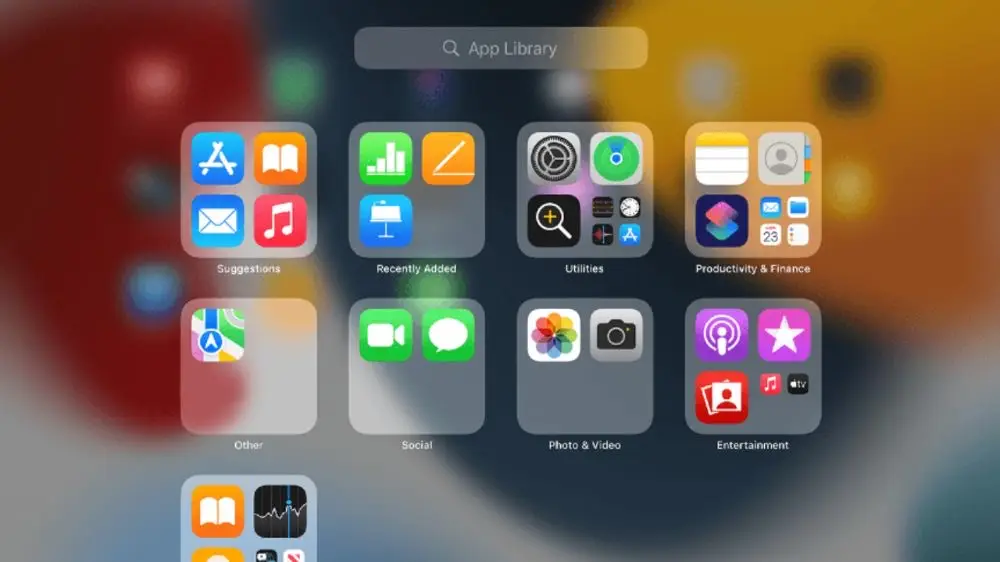
- By spotlers.com
- 10.09.2024
- No Comments
Why It Matters and How to Do It Right
In our fast-paced world, the humble note is often overlooked as a mere scribble on a page or a fleeting thought typed into a smartphone. However, effective note-taking is far more than a passive activity; it is an essential skill that can significantly enhance learning, productivity, and memory retention. Whether you’re a student, a professional, or someone simply trying to organize your thoughts, mastering the art of note-taking can be a game changer. Let’s dive into why notes are so important and how to compose them effectively.
Why Notes Matter
- Memory Enhancement: Writing things down helps reinforce information. The act of jotting notes activates different cognitive processes, which can improve recall and understanding. It’s a form of active learning that engages your brain more deeply than passive listening or reading alone.
- Organizing Information: Notes help in organizing and structuring information in a coherent manner. This organization can be invaluable when you need to review or reference material later, saving time and reducing stress.
- Boosting Productivity: Effective notes serve as a roadmap for tasks and projects. They help you keep track of what needs to be done, prioritize tasks, and monitor progress, thereby enhancing overall productivity and efficiency.
- Facilitating Communication: Good notes ensure that important points are not missed during meetings or lectures. They provide a record that can be shared with others, facilitating clearer communication and collaboration.
How to Compose Effective Notes
- Choose the Right Tool: Your choice of note-taking tool can affect your efficiency. Traditional pen and paper are great for some people, while digital tools like Evernote, OneNote, or Notion might be preferable for others due to their searchability and integration features. Select a tool that aligns with your personal preference and needs.
- Be Selective and Summarize: Focus on capturing key points rather than transcribing everything verbatim. Summarize concepts in your own words to ensure you understand them and to make your notes more concise and easier to review.
- Use Structured Formats: Employ note-taking methods like the Cornell Method, Mind Mapping, or the Outline Method to organize information effectively. Each method has its strengths:
- Cornell Method: Divides the page into sections for notes, key points, and a summary. It’s great for structured note-taking and review.
- Mind Mapping: Uses diagrams to represent words, ideas, tasks, or other concepts linked around a central concept. It’s effective for brainstorming and visualizing connections.
- Outline Method: Uses headings and subheadings to organize information hierarchically. It’s ideal for subjects that follow a clear structure.

- Incorporate Visuals: Adding diagrams, charts, or doodles can make notes more engaging and help in understanding complex concepts. Visual elements can also aid memory retention by creating visual associations with the information.
- Review and Revise: Regularly review your notes to reinforce learning and fill in any gaps. Revising your notes helps in consolidating information and makes the review process more efficient when preparing for exams or meetings.
- Practice Active Listening/Reading: Effective note-taking starts with active engagement. Pay attention during lectures or discussions, ask questions, and clarify points to ensure that your notes are accurate and comprehensive.
- Keep Notes Neat and Organized: Whether digital or handwritten, keeping your notes clean and well-organized makes them easier to navigate and review. Consistent formatting and labeling can significantly enhance their usability.
Conclusion
Mastering the art of note-taking can transform how you learn, work, and manage information. By understanding the importance of notes and employing effective strategies, you can improve your memory, boost productivity, and communicate more effectively. So, next time you pick up a pen or open a note-taking app, remember that you’re not just recording information—you’re crafting a valuable tool for your success.











